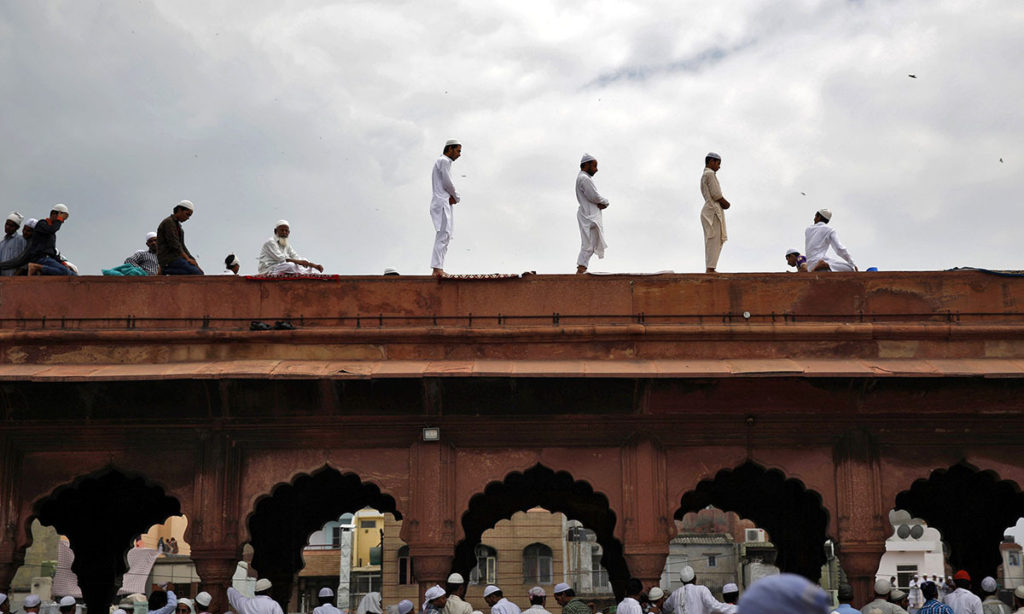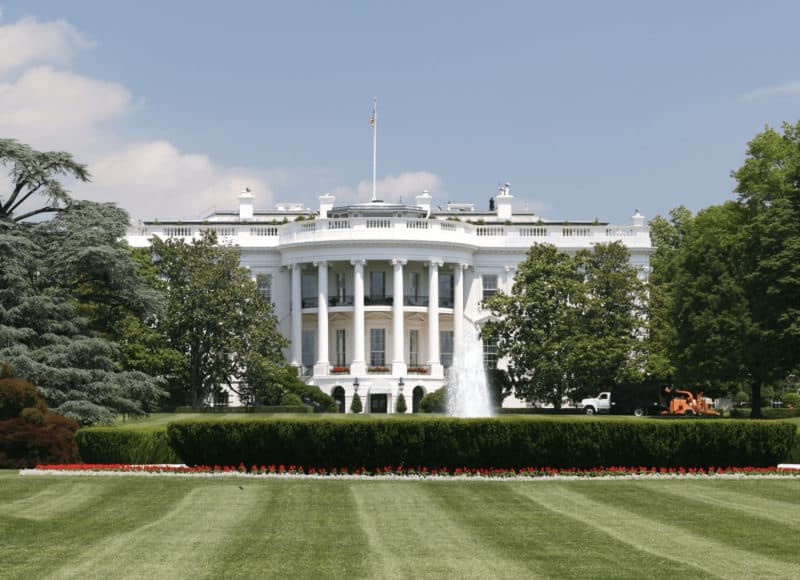This morning I read Sonu Nigam’s tweet where he complains of being forced to listen to the Muslim call to prayer from loudspeakers, thus disturbing his sleep, even though he isn’t Muslim. He quickly added that he feels the same way about temple bells and church bells.
In these incendiary times, I find his comments irresponsible at best and dangerous at worst. It would take nearly nothing for mobs to go to mosques in India (or temples or churches in Pakistan) and demand them to be silenced, or face violent consequences.
On my recent trip to Spain, I visited Granada, where I went to the Mezquita, the first mosque that the authorities had allowed to be built in 500 years. It was right next to the church on the Mirador of San Miguel, a beautiful, humble construction built by the city’s Spanish Muslim converts.
In these incendiary times, I find his comments irresponsible at best and dangerous at worst. It would take nearly nothing for mobs to go to mosques in India (or temples or churches in Pakistan) and demand them to be silenced, or face violent consequences
I learned in talking to them that while they were extremely happy in Granada, and lived in peace with the people around them, they had to live quite low profile. The mosque would only be opened outside of visiting hours to people who wanted to pray. Otherwise, it stayed locked for security reasons. There were CCTV cameras for the entrances as well. There had been difficulties in the early years of the community, thirty or forty years ago, but they were now in their third generation and were coexisting in peace and harmony.
But the authorities had given them a lot of problems when building their mosque. They were not allowed to build a minaret higher than the church tower. With great difficulty, they were allowed to have the call to prayer from the minaret (by a person not on a loudspeaker). One could argue this was the original way in which it was done during the Prophet’s time, and before the invention of electricity.
Yet going back to Sonu Nigam’s statement, or if I were to say “Hey, I’m not Hindu, why must I be forced to listen to their mandir bells” or “I’m not Christian, why should I listen to their church bells, they wake me up when I’m trying to sleep in on a Sunday” I would be making a profound statement about religion not being forced down anyone’s throats. But at the same time, I would be abusing my privilege as a member of a majority religion, not wanting to see the signs of a religious minority’s presence in my country.
The issue on the surface may be of noise pollution but within the context and history of our countries, it is about visibility. The point is when you are a majority, and you pressure a minority into invisibility, you are misusing your privilege. We can talk about “noise pollution” as they do in Europe, citing that as the reason the call to prayer is not allowed, but we know exactly what they’re implying: “You need to remain invisible.”
Europe is made up of primarily secular countries, with nominally Christian majorities. India has more Muslims than Pakistan does. In reality, there is no country where you can practice religion or not as you see fit, and the government stays out of it, not preventing or promoting any one religion above another. But when you as a member of a religious majority aren’t sensitive to the position that a minority holds in your society, you could be creating problems for that society that are much bigger than lack of sleep.
The article first appeared on the writer’s blogsite Feministani on April 18, 2017.














